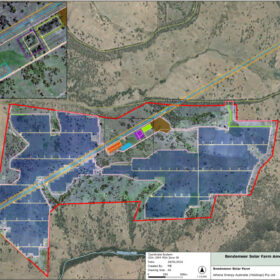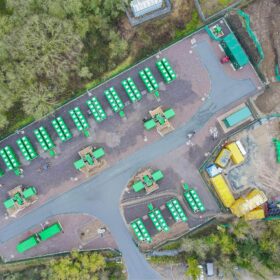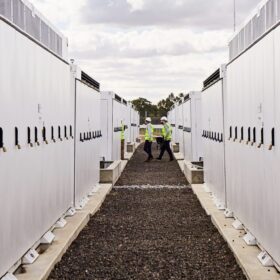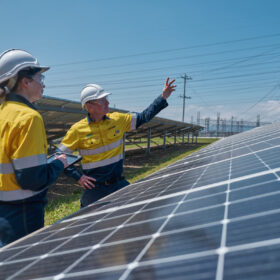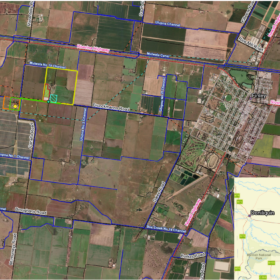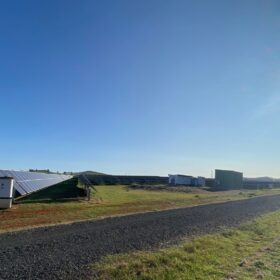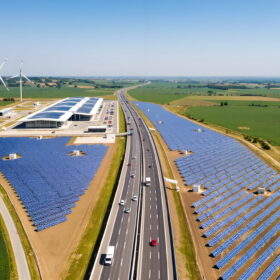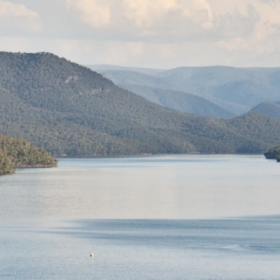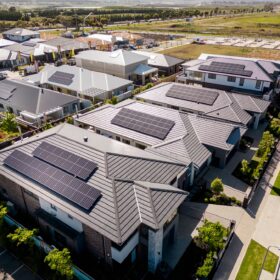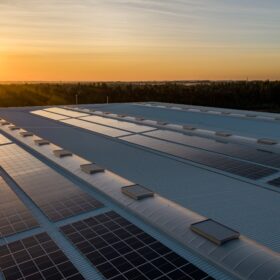Community response triggers redesign of solar and storage project
The design of a grid-scale solar farm and battery energy storage project planned for the New England region of New South Wales has undergone “considerable amendments” – including reducing the number of solar panels to be installed by more than 75,000 – as the developers seek to address community concerns.
Eku Energy acquires 2 GWh UK battery project portfolio
Eku Energy, the battery storage offshoot of Australian financial services group Macquarie, has acquired a 1 GW / 2 GWh portfolio of energy storage projects in the United Kingdom.
Federation to launch multibillion-dollar energy storage platform
Australian investment firm Federation Asset Management has announced its intention to launch a new long-duration energy storage platform that is to have about 4 GWh of storage projects ready to take to financial close within two years.
AusNet advances connection works for FRV hybrid projects
The path for Fotowatio Renewable Ventures to build two hybrid solar and energy storage projects in central Victoria has been smoothed with electricity distribution company AusNet revealing it is “unconditionally” progressing the connection works for the hybrid installations.
Sungrow launches fully integrated C&I battery
With a fully integrated power conversion system, battery management system, and energy management system, PowerStack 255CS aims to streamline energy storage operations while reducing installation complexity.
Gridsight to power up grid orchestration platform
Wollongong-based software company Gridsight has raised $7.5 million to support the growth of its AI-powered platform that is designed to help electricity network operators integrate and maximise the use of new distributed renewable energy resources such as solar and batteries.
Samsung C&T seeks approval for 320 MWh battery in NSW
The Australian renewable energy and storage arm of South Korean industrial conglomerate Samsung has submitted plans for another large-scale battery energy storage project to the federal government for environmental approval.
Jinko unveils 6.25 MWh battery
The Chinese manufacturer has unveiled its latest utility-scale battery energy storage system and announced that global deliveries will begin in the fourth quarter of 2025.
Trina debuts 5 MWh energy storage system
The Chinese manufacturer said its new utility-scale battery uses 314 Ah cells with a 15,000-cycle lifespan.
Energy Transformation has begun, driven by ‘shine baby shine’
The global energy transition began at different times for different nation states. Iceland and Costa Rica had natural advantages but Germany took the lead in establishing the formula for every country to embark on an energy transition. What began a quarter of a century ago is now entering the next phase: a select group of nations undergoing an energy transformation.
